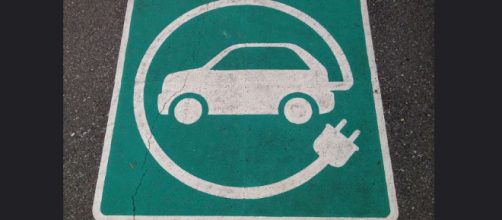Though fossil fuels are still a primary source of energy, it is worth noting that some states in the United States (US) have their eyes set on a greener future.
At the last quarter of 2017, Pennsylvania Gov. Tom Wolf announced that a total of $1.1 million in funds will be granted to support five projects geared toward providing fuel-efficient methods and a cleaner air for the citizens of the state, according to NGT News
Fuel efficiency in Pennsylvania
The funding was made through the Alternative Fuel Incentive Grants (AFIG) program that was established in 1992 by the state’s Department of Environmental Protection (DEP).
According to the DEP, the funding will help save approximately 136,000 gallons of gasoline and diesel fuel annually.
One of the awardees of the grant is Valley Waste Service, which received a total of $400,000 in AFIG funds. The project aims at providing an on-site compressed natural gas fueling station for public use.
Valley Waste Services is primarily a garbage and recycling service situated in Pennsylvania, but it has since expanded to providing alternative fuel made from waste. Fuel derived from waste could be the world’s best bet for alternative energy sources, and it’s not the first time that a U.S. state took a step in the right direction.
Waste conversion system in California
In California, Greenbelt Resources Corp.
(OTCMKTS: GRCO) has positioned itself to take the opportunity in the growing bioethanol industry. Because of its safe and efficient method in producing bioethanol, Greenbelt Resources is well on its way to meet the demand for bioethanol industrial market globally. The company’s bioethanol is preferred for use in the market which is expected to grow to $21 billion by 2020.
Early in 2017, Greenbelt Resources launched the Paso Robles ECOsystem (PRECO) to convert waste into bioethanol. This process makes use of feedstocks from factories such as wineries, breweries, and other areas that produce food waste.
The biotech company notes that PRECO is “tailored to utilize the local Paso Robles supply of agricultural and beverage residues.” The bioethanol created from the waste will be sold at California’s transportation market under the state’s Low Carbon Fuel Standard, which aims to reduce the state’s carbon intensity by 10 percent by 2020.
The process of PRECO allows a wide range of markets to pitch in the production of bioethanol as a means of providing the state with more alternative fuel. Not only does PRECO provide the state with an alternative fuel to use, it also gives a boost to the local economy by providing small factories with a means to produce profit through waste.
One of Greenbelt’s primary goals is to become the go-to name for bioethanol. At the rate of its performance in California, the biotech company could be well on its way into supplying the alternative fuel to the rest of the world.


